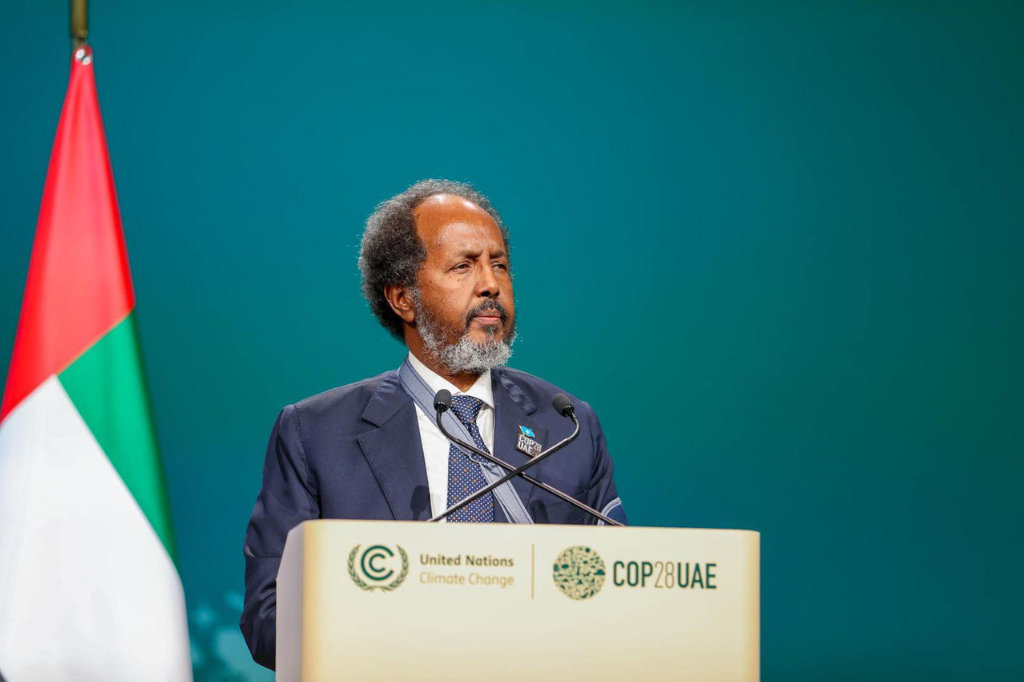
Making Sense of Somalia’s Monopolised Public Discourse
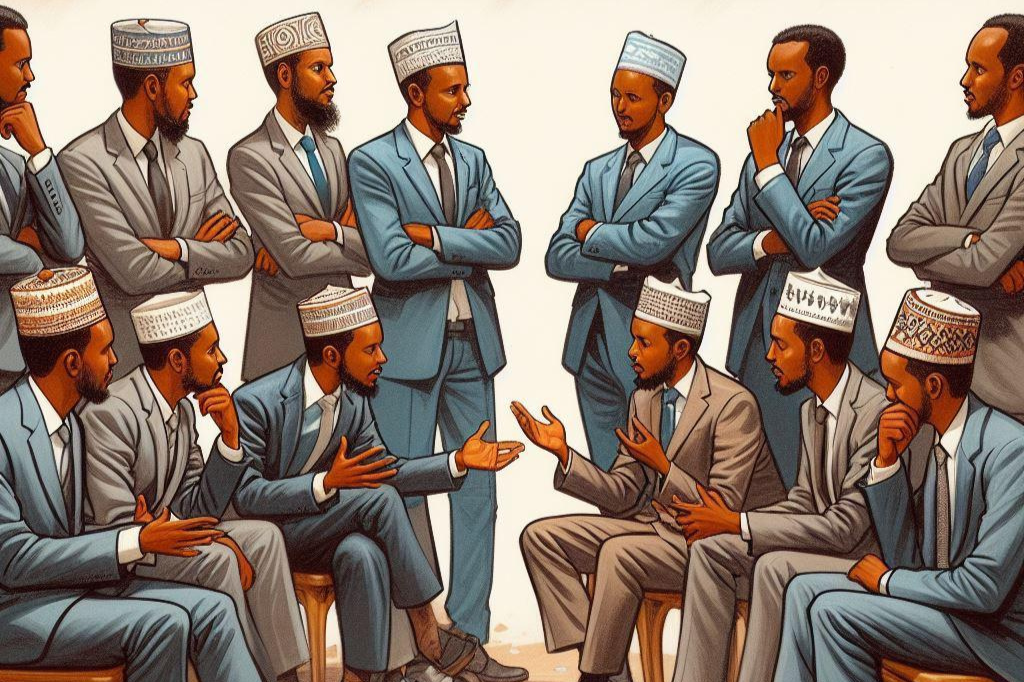
Freedom of expression without fear of prejudice is paramount for a healthy and functioning society. It is a benchmark of how free a particular society is. Somalis are traditionally conservative society, and the role of religious and traditional leaders in shaping public discourse is incontrovertible. Unfortunately, in order to police what’s allowed in the public arena, religious fundamentalists and political oligarchs have exploited this power and influence to advance sectarian ideologies and political interests. And because these religious fundamentalists and elites have so much influence over Somalis, anyone who dares to express any views contrary to the popular views is accused of violating the values that Somalis hold dear, and worse, is branded a Western-funded puppet.
This outdated tactic of censoring dissenting opinions and artistic expressions to elicit emotional responses from the public has made it difficult to voice prospects that may provoke a negative reaction from the religious establishment. The recent uproar and the calls for boycotts of the much-anticipated television series “Arday” from prominent religious leaders and groups is the latest of many such examples. In this piece, I will address how the country’s public discourse has been hijacked and monopolised, and the impact such monopolisation may have on our society.
Understanding the power dynamics
Somalis are traditionally a conservative society. Religious and traditional norms are deeply respected in the eyes of the Somali public. For far too long, the religious establishment and elites have been recognised as the glue that binds Somalis guiding their religious and traditional values. This is where the leverage and influence of religious leaders, traditional elders, and political elites stem from. Their authoritative opinions are usually unquestionable.
However, the religious establishment is not unified under a single ideological identity and a shared doctrine. Their opinions are widely varied and often contradictory, despite their efforts to deny such an inherent problem within their camps. Because they hail from various schools of thoughts, they often have disagreements on many fundamental religious and traditional principles. As a result, their views have become merely subjective. This conundrum questions their authoritative opinions on contemporary social, cultural, and political issues.
Moreover, fragments within the religious establishment have been exploited by politicians. There were incidents where the previous administration used a certain religious camp to attack and assassinate the character of their political opponents, which has caused irreparable damage to the once undisputed authority of religious leaders.
Fortunately, there’s been a cultural and a social transformation throughout the country. The number of educated young people is rapidly increasing, and they’re ready to challenge many dogmatic opinions that have enjoyed impunity and have dominated the narrative for years.
Calls for the “Arday” TV. series boycott are just the tip of the iceberg
The recent unwarranted calls for boycotts from prominent religious leaders and some educational institutions are a symptom of a much larger issue. We have witnessed a great tendency to police morality, public opinions, and what’s allowed in public spaces from organised groups and religious establishments. These groups seem to author and propagate their own rule of law, contrary to the law of the land.
There were many instances where individuals were publicly ridiculed because either they were dressed in a certain way, which the religious establishment finds offensive, or they aired an opinion that the dominant groups didn’t like. Few months ago some religious leaders publicly derided two of Somalia’s ministers and parliament members because of their respective attires. Imagine if the people at the top are subjected to such public harassment, what will happen to ordinary folks who have neither the power nor the means to voice concerns about such an unprecedented invasion of personal privacy?
For years, many have attacked the Abaarso network for no apparent reason. They smeared the institution, calling for its “shutdown,” despite the school’s merit-based education system and generous scholarships. Today, many graduates from Abaarso are alumni of leading academic institutions in the US, UK, and other European countries.
Moreover, Somaliland’s Ministry of Information has recently denounced any programs that discuss social and cultural issues. It labelled those TV programs “un-Islamic” and warned that there would be legal action if any local media dared to air programs that some might find unwelcoming. Is this the way we want to govern our society? Are these the values we want to instil in our future generations? Because of these fear-based tactics, we’re inches away from creating Iran’s morality police.
Recently, Mogadishu’s mayor was captured on TV flogging young people on a night out. Many people who defended the mayor’s actions also publicly called for such policies. This begs the questions: Where are we headed? And what are the consequences of such policies and the effects they may have on our society in the future?
The problem of policing public discourse isn’t unique to religious fundamentalists but also extends to Somalia’s political oligarchs. We have seen the growing trend of politicians using state power to silence their opponents. Somaliland’s current regime is a perfect example. Many people were jailed for no reason other than their political views. Equally, successive administrations in Somalia and some of its member states have been accused of arbitrary detentions of citizens and members of civil society for expressing their opinions.
The dangers of policing public discourse
Despite its weaknesses, Somalia has adopted a constitutional democracy. A constitution that upholds and protects freedom of expression, liberty, and the rights of individuals. Without consensus amongst sectarian Somali religious leaders on controversial rulings, the arbitrary and personalised policing of opinions and artistic expressions by the religious and political leaders is an infringement on the fundamental rights enshrined in our constitution. They pose a threat to our individual and collective sovereignty, for which we fought hard in the past 35 years.
Somalis are intrinsically rebellious. In the end, imposing narratives and tyrannical ideologies that, by nature, tend to restrict liberty and freedom of expression is counterproductive and, if history is any guide, often ends in tragedy.
Somalis defeated both the colonial rule which dared to force Somalis to abandon their customs, and a dictatorial regime that dared to impose certain ideologies through arbitrary detentions and extrajudicial killings. Similarly, the rise of terrorism is undergoing similar ideological and military defeat.
Those trying to monopolise public opinion should learn from history and understand that imposing ideologies and restricting liberty and artistic freedom will undermine their message and, in turn, create a hostile environment sooner than they realise.
As a community that proudly shares the same language, culture, and religion, what we don’t want is a culture war, and this is what the establishment is either wilfully or ignorantly creating. The monopolisation of public opinion directly creates a problem within the intelligentsia and society as a whole. The sooner we put a stop to it the better off our republic is.
Mahbub Mohamed Abdillahi
Related News

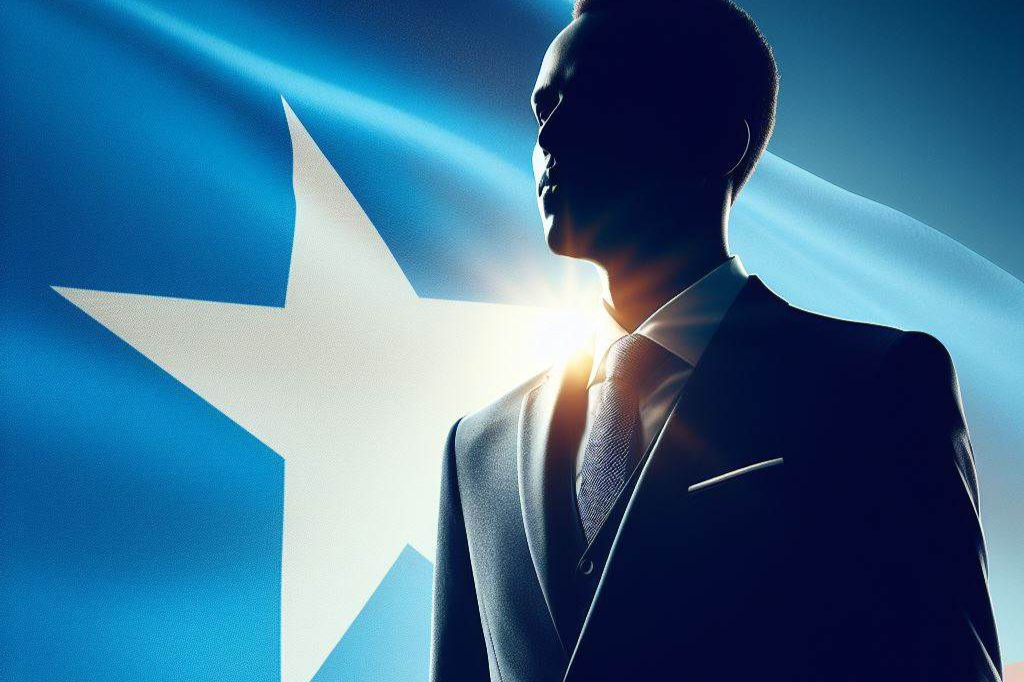

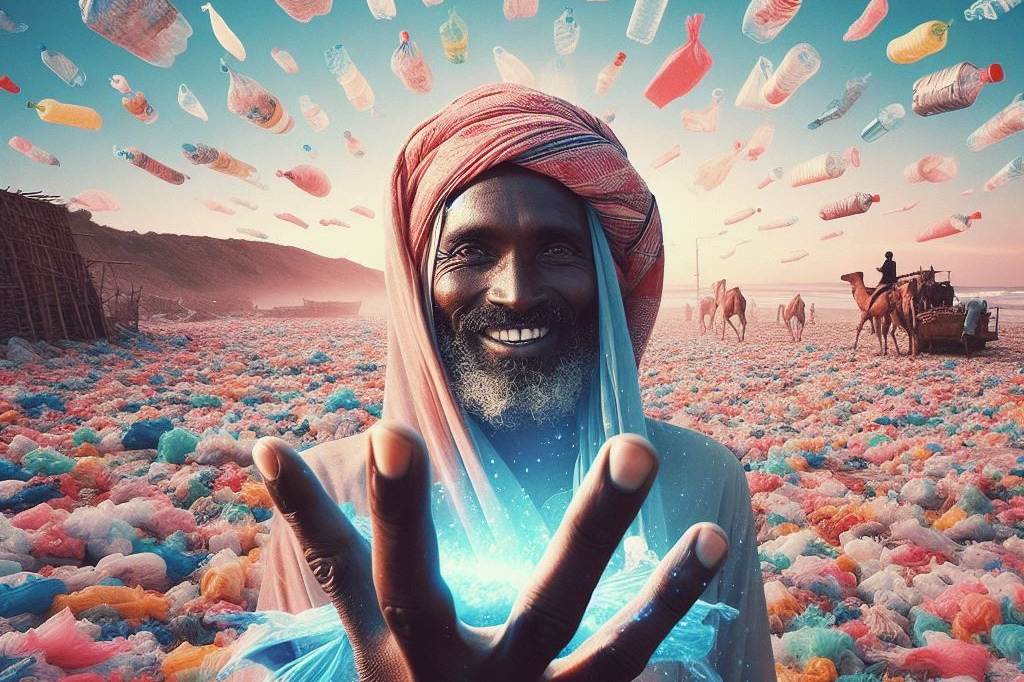
Somalia’s Single-Use Plastic Bag Ban Was Long Overdue
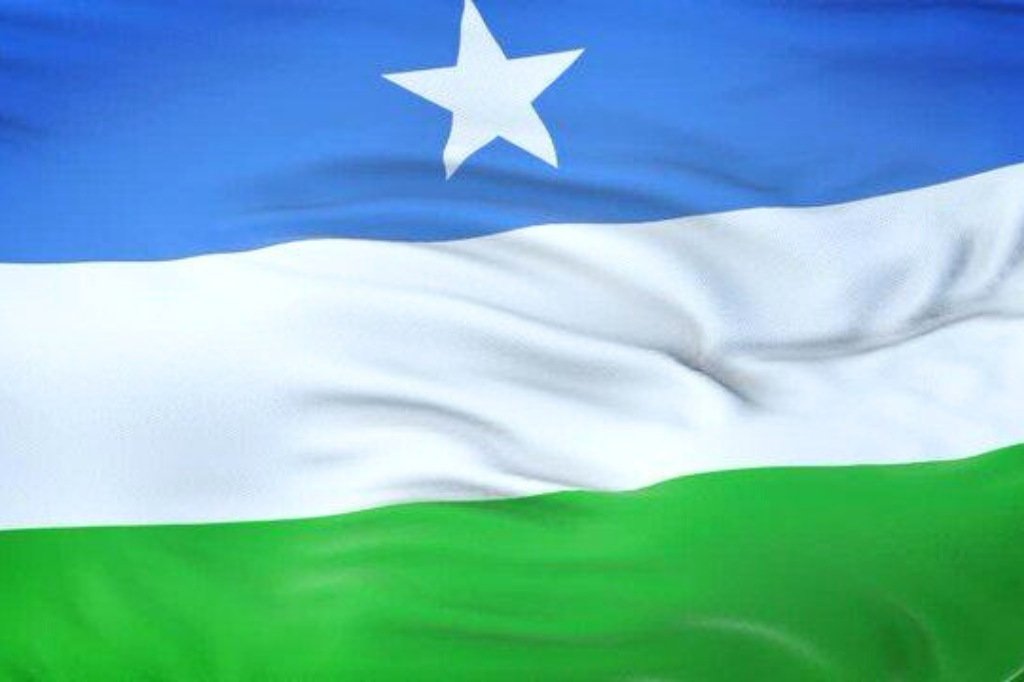
Election in Puntland: A Historical Overview
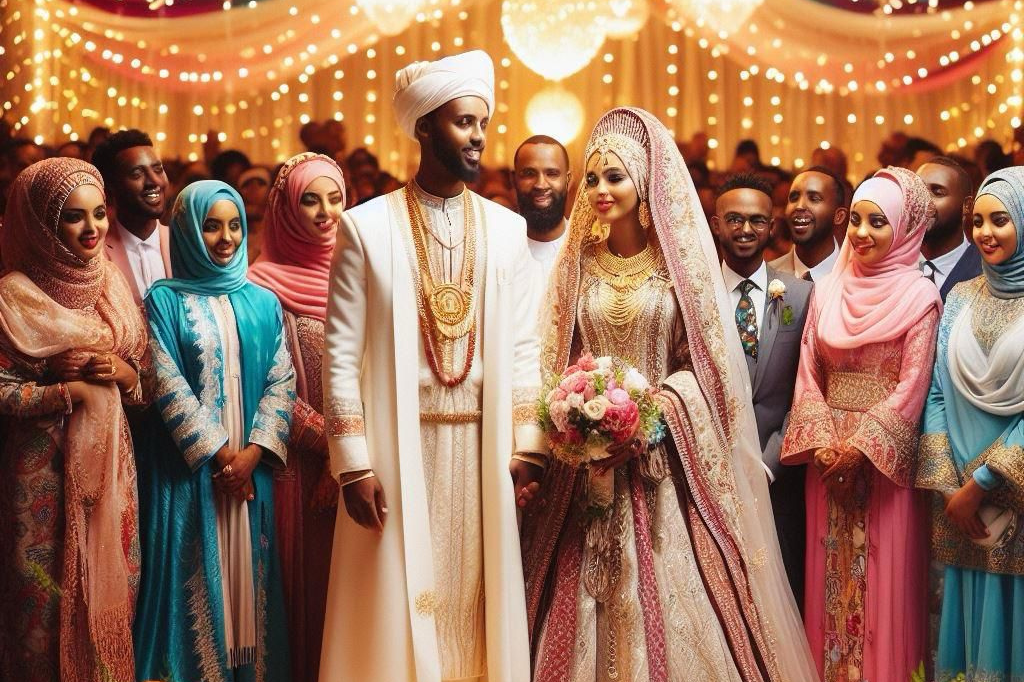
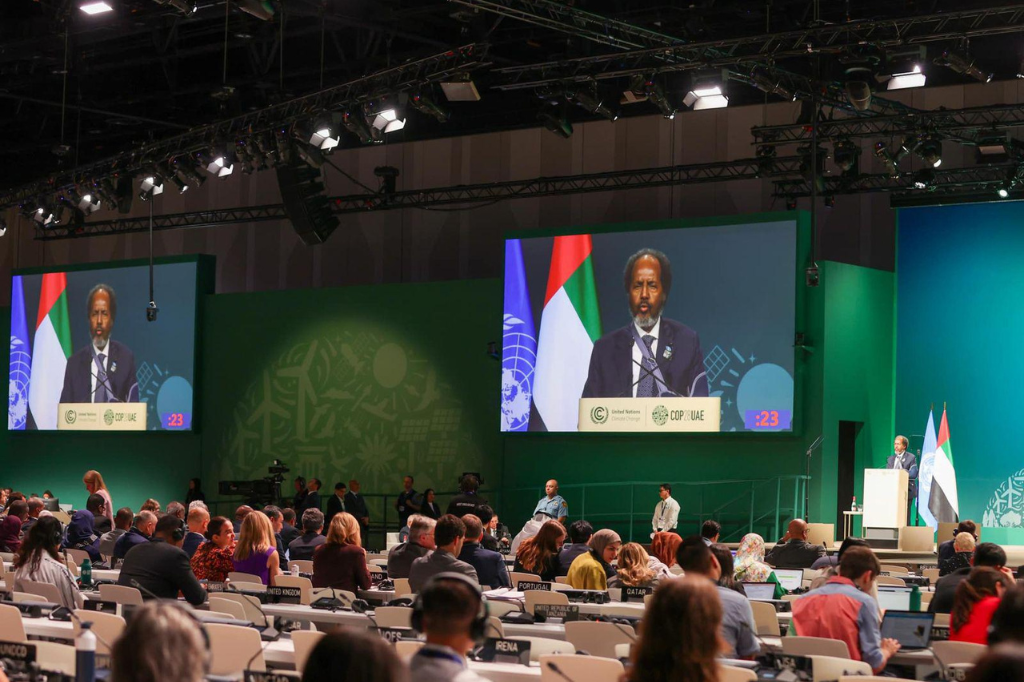
Somalia at COP28 Recap: Key Highlights and Outcomes

Breath of Fresh Air: The Force Behind Mogadishu’s Newfound Security
